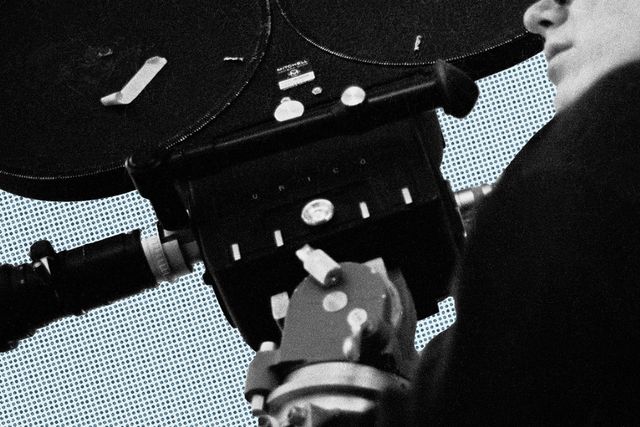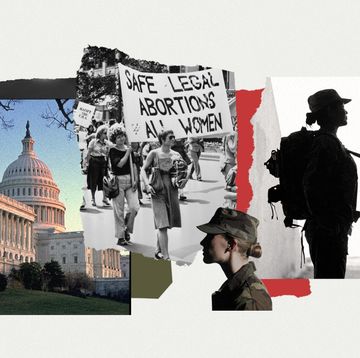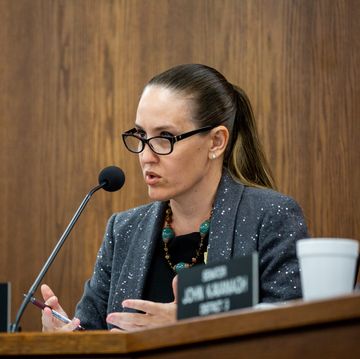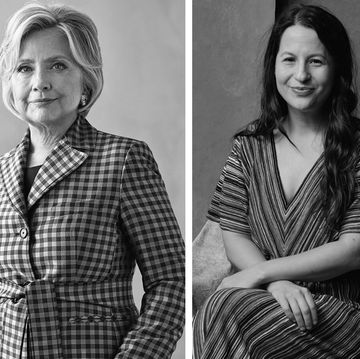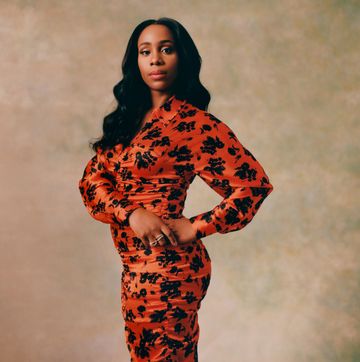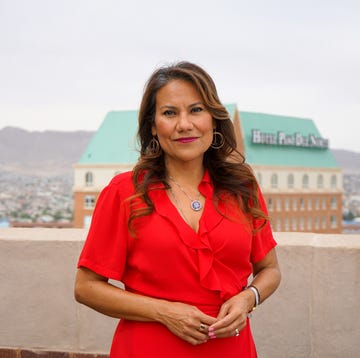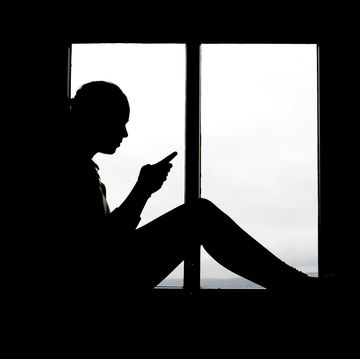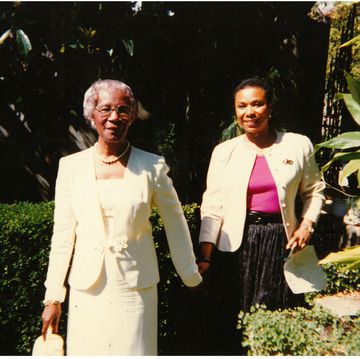Finally! The men of Hollywood have risen to defeat sexism. Weinstein has been exposed. Predators are getting fired. The mighty have fallen!
And so doesn't it make perfect sense that when feminist justice hit Hollywood, it would take the form of…a “feminist” film festival for and by men?
As documented by Form & Pressure on Twitter, the IFC Center in New York has selected a new slate of films for its latest “Waverly Midnights” midnight-movie series intended to honor our current feminist moment.
“Women across the globe are marching and fighting for equal rights, equal opportunity and a better world for all,” reads the announcement on the IFC Center website. “The future, they say, is female… In tribute to that spirit, the Fall 2017 edition of our ‘Waverly Midnights’ series showcases 12 films featuring women in strong, defiant roles set in both the near and distant futures.”
So, that’s evidently the IFC Center’s contribution to feminism in 2017: A pun. It’s otherwise hard to justify the line-up, which doesn’t share more than vaguely science-fiction settings and the presence of female people in front of the camera. Sure, you can make a case for something like Aliens—Ellen Ripley was arguably the first great female action hero—and maybe even Barbarella can coast on the feminist bona fides of its star, Jane Fonda. (Though it tends to be seen most on lists like Complex’s “25 Greatest Moments of Female Nudity in Movies.”) But Barb Wire, famously, opens with Pamela Anderson in a pleather catsuit, getting hosed down until… well, you can see for yourself.
The future—so feminist it looks just like the past!
And I mean that, because the movies on this slate have one historic theme: All of them, every single one, was directed by a man.
This is not the first time men’s voices have been uplifted over women in the name of “feminism”—in fact, it’s not even the first time in the past few months. In November, Forbes noted that the Golden Globes would need a “feminist host” to gracefully handle the #MeToo revelations. The candidate they offered? Seth Meyers.
Of course, The Golden Globes were hosted between 2013 and 2015 by actual women—Tina Fey and Amy Poehler, both of whom are self-declared feminists. (Poehler runs a whole website aimed at improving girls’ self-esteem and career aspirations.) There are presumably dozens of female comics who would leap at the chance to host the Globes now.
But, nope: Apparently, the only solution to a bad man with a microphone is a good man with a microphone. Men are tapped to lead the discourse and define the narrative, even when the narrative is about men silencing women.
Even feminist organizers have fallen for this logic. In October, the first Women’s Convention in 40 years announced that its opening speaker—a slot which could have gone to any living woman on the planet—would be Bernie Sanders. The backlash was swift and intense. In the days that followed, Sanders was downgraded from “opening speaker” to “featured speaker” to “panelist” to “person who will be in Puerto Rico" during the event. These missteps are both hilarious and horrific in the moment—though most of the joke can be summed up by a decade-old Onion headline, “Man Finally Put In Charge of Struggling Feminist Movement”—but they illustrate a deeper problem. The #MeToo movement may have pushed the mainstream toward a deeper appreciation of women’s struggles. We may even be more willing to examine the way sexism has constructed our cultural narratives and institutions. But we still live in a world where men’s voices have always had more value than women’s. It's hard to adapt.
This is particularly a problem in Hollywood, an industry so massively skewed toward men’s perspectives that there are 24 male directors for every female director. In 2016, only 17 percent of “writers, producers, executive producers, editors, and cinematographers” were female—the same percentage as in 1998. Which is not to say that we’ve been standing still for the past 20 years. We’ve actually been going backward. There are fewer top-grossing films by women in 2016 than in 1998, and for that matter, fewer than there were in 2015. How do you think we ended up here? In a world where even those who want to lift up “women” still assume that men should be the ones to tell those women’s stories?
It’s tough to say what real equality would look like—we’ve never seen it. But it definitely wouldn’t look like Barb Wire and still less would it look like the humble and grateful women of the world handing some man a gold star for his feminism.
For equality to happen, we have to rebalance the scales, which means more women calling the shots—telling their own stories, controlling the narrative, joining and, yes, even dominating the conversation. After all, the problem isn’t that we don’t know women exist. The problem is that women’s lives and worth are still controlled and defined by men. It’s men who decide which issues matter, who counts as a “great artist,” whose story is worth listening to. In order to change that, we have to go beyond cute puns about “the future.” We have to actually hold up and support female artistry. One ticket to Ava DuVernay’s A Wrinkle In Time does more for the cause than a thousand sympathetic comments or male-dominated movie line-ups. If we want the future—or Hollywood—to be female, we have to actually listen to what women have to say.
